
How Long Does It Take for Dental Implants to Heal?
- 1. Introduction to Dental Implants
- 2. Phases of Healing After Dental Implant Surgery
- 3. Factors That Affect the Healing Time
- 4. Common Issues During the Healing Process
- 5. Tips to Speed Up the Recovery Process
- 6. Final Thoughts on Dental Implant Healing
1. Introduction to Dental Implants
Dental implants are a popular solution for replacing missing teeth. They involve surgically placing titanium posts into the jawbone, where they fuse over time to form a stable base for artificial teeth. Understanding the healing process is essential for patients considering implants.
2. Phases of Healing After Dental Implant Surgery
The healing process for dental implants generally takes several months. It includes several phases:
- Initial Healing Phase (1-2 weeks): After the implant surgery, there is typically some swelling and discomfort, which should subside with proper care.
- Osseointegration (3-6 months): This is the most critical phase, where the implant fuses with the jawbone. This phase can take several months depending on the patient’s health.
- Restoration Phase (2-3 months): Once osseointegration is complete, the artificial tooth is attached to the implant, completing the restoration process.
3. Factors That Affect the Healing Time
Several factors can impact how long it takes for dental implants to heal:
- Age: Younger patients tend to heal faster than older ones.
- Bone Health: Patients with healthy jawbones usually experience quicker healing times.
- Smoking: Smoking can slow down the healing process and increase the risk of complications.
- Overall Health: Chronic conditions like diabetes can delay healing.
4. Common Issues During the Healing Process
While the healing process is usually straightforward, patients may encounter issues like:
- Infection: Infections can delay the healing process, making it essential to follow post-surgery care instructions.
- Implant Failure: In rare cases, the implant may not integrate properly with the bone.
- Gum Recession: If the gums do not heal properly around the implant, further treatment may be required.
5. Tips to Speed Up the Recovery Process
There are several ways to ensure smooth and fast healing after dental implant surgery:
- Follow all aftercare instructions from your dentist.
- Avoid smoking to promote better healing.
- Eat soft foods and avoid hard or chewy foods that may disrupt the implant site.
- Maintain good oral hygiene to prevent infection.
- Attend follow-up appointments to monitor your healing progress.
6. Final Thoughts on Dental Implant Healing
Dental implants are a durable and effective solution for missing teeth, but understanding the healing process is essential for a successful outcome. While healing times vary based on individual factors, patients can typically expect complete integration within 3-6 months. Following proper aftercare and consulting your dentist regularly will ensure the best results.
If you're considering dental implants, visit Dentistry Toothtruth for more information on our services and to schedule your consultation today.

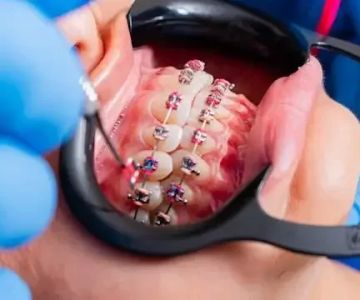
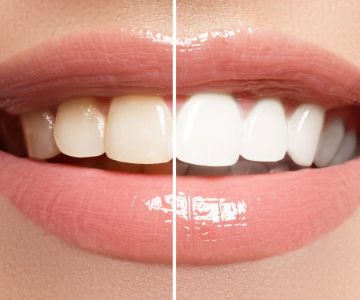
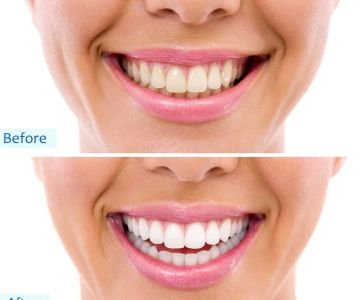
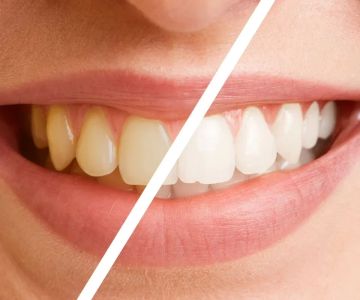

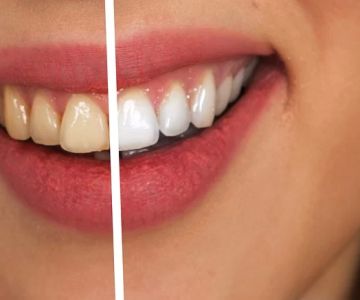
 Discover Dental - Pediatric Dentistry5.0 (1 review)
Discover Dental - Pediatric Dentistry5.0 (1 review) H.S. Dental formerly Kane Dental of Huntington4.0 (263 review)
H.S. Dental formerly Kane Dental of Huntington4.0 (263 review) Midwestern University Dental Institute3.0 (101 review)
Midwestern University Dental Institute3.0 (101 review) Central Carolina Oral & Maxillofacial Surgery5.0 (51 review)
Central Carolina Oral & Maxillofacial Surgery5.0 (51 review) Elite Dental Specialists4.0 (801 review)
Elite Dental Specialists4.0 (801 review) Smiles Orthodontics4.0 (158 review)
Smiles Orthodontics4.0 (158 review) The Importance of Oral Health Education During Pregnancy for a Healthy Pregnancy
The Importance of Oral Health Education During Pregnancy for a Healthy Pregnancy Best Tips for Brushing Your Teeth Properly for Healthy Gums: Essential Techniques for Oral Health
Best Tips for Brushing Your Teeth Properly for Healthy Gums: Essential Techniques for Oral Health Why Skipping Dental Checkups Can Lead to Bigger Oral Health Problems
Why Skipping Dental Checkups Can Lead to Bigger Oral Health Problems Advantages of Porcelain Dental Restorations
Advantages of Porcelain Dental Restorations How Can Diabetes Cause Tooth and Gum Problems? Preventing and Managing Oral Health Issues
How Can Diabetes Cause Tooth and Gum Problems? Preventing and Managing Oral Health Issues Healthy Habits for Promoting Good Oral Health and Hygiene: Tips for a Healthy Smile
Healthy Habits for Promoting Good Oral Health and Hygiene: Tips for a Healthy Smile